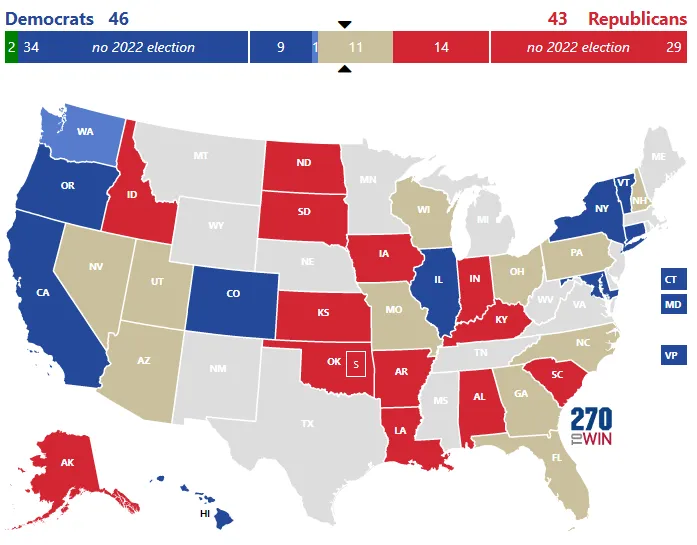
Scientist @Princeton. Unaffiliated voter. Frequent lane violator. Opinions mine alone. Substack: https://t.co/63BjUT1yYI Democracy: https://t.co/3MicOP5c7z
6 subscribers
How to get URL link on X (Twitter) App


https://twitter.com/databyler/status/1835700680495112347In my view, the whole field of poll aggregation has an unhealthy tendency towards oddsmanship. Think of @NateSilver538's background and interests: basically a sports guy, and now we know, a hypergambler.

 ...and adds many more categories.
...and adds many more categories.






 First, evidence.
First, evidence. 

https://twitter.com/ryanmatsumoto1/status/1565140588097220608Anyway, the variability in special election over/underperformance is *huge*. N=5 is way too small to extract conclusions.

